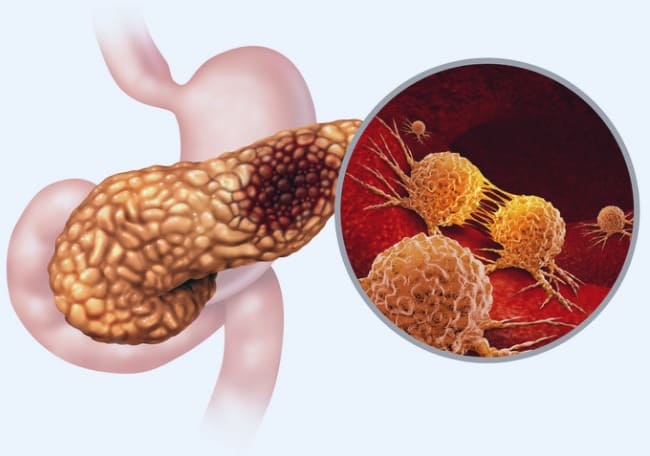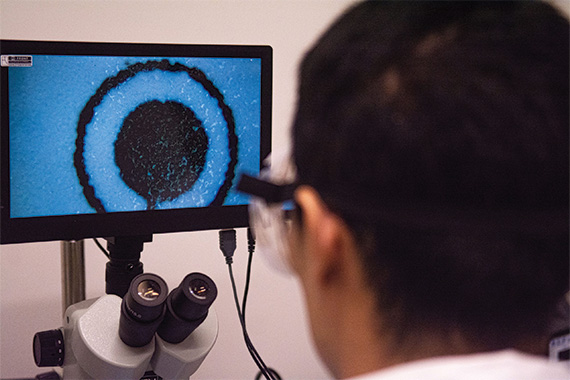A new cooperative review, driven by specialists from the Moffitt Malignant Growth Place, reveals insight into the critical job of elective RNA joining and the RBFOX2 protein in the movement and metastasis of pancreatic disease. Distributed in Nature Correspondences, the discoveries feature the effect of RNA joining on cell processes and give experiences into the potential growth suppressive job of RBFOX2 in hindering pancreatic disease metastasis.

RNA Joining in Pancreatic Malignant Growth
Pancreatic disease, known for its difficult visualization, has a five-year general endurance pace of just 12.5%. The review investigates the contribution of elective RNA joining in the turn of events and movement of pancreatic disease. Elective joining changes RNA successions, producing various forms of RNA particles from a solitary DNA grouping, eventually impacting protein variations and their exercises.
The exploration recognizes the protein RBFOX2 as a central member in pancreatic disease metastasis. Lower levels of RBFOX2 were seen in pancreatic disease cells that had metastasized to different destinations. The review recommends that RBFOX2 might work as a growth silencer, restraining disease metastasis. Deficiency of RBFOX2 in pancreatic cell lines and mouse models prompted expanded cell relocation, attack, cancer improvement, and metastasis.
Further examinations uncovered that RBFOX2 directs the joining of RNA particles connected with cytoskeletal redesigning. Strikingly, the protein ABI1, impacted by RBFOX2, assumes a basic part. In cells lacking RBFOX2, ABI1’s area is rearranged, affecting the cell cytoskeleton and advancing cell movement. This accentuates the unpredictable job of elective RNA joining in pancreatic disease movement.
READ ALSO: Good Morning America’s Michael Strahan Reveals Daughter’s Battle with Rare Brain Cancer
Prognostic Ramifications
The review proposes that the examination of grafting controllers, especially RBFOX2, could have prognostic ramifications in pancreatic malignant growth. Exon grafting occasions saved across pancreatic growths and different diseases demonstrate the essential job of on the other hand joined records in malignant growth movement.
While the review gives important experiences, the analysts accentuate the need for extra investigations to completely comprehend the systems managing the RBFOX2 joining movement. A complete investigation of these systems might reveal novel helpful roads for pancreatic malignant growth.
The review highlights the significance of elective RNA joining, especially the job of the RBFOX2 protein, in the mind-boggling scene of pancreatic disease movement. These discoveries prepare for future exploration zeroed in on understanding the sub-atomic systems related to grafting guidelines, offering expected focuses for restorative mediations in pancreatic malignant growth.



